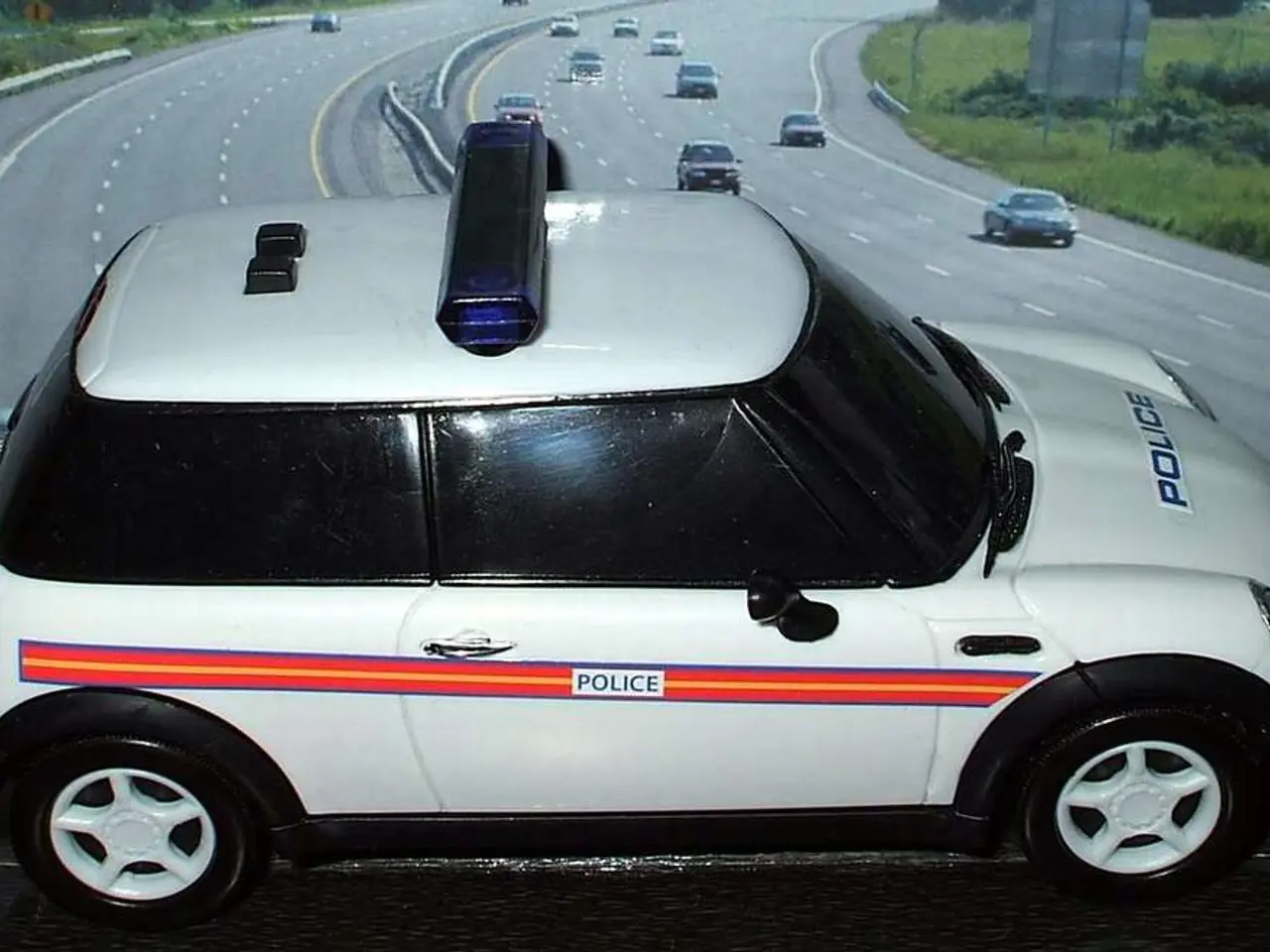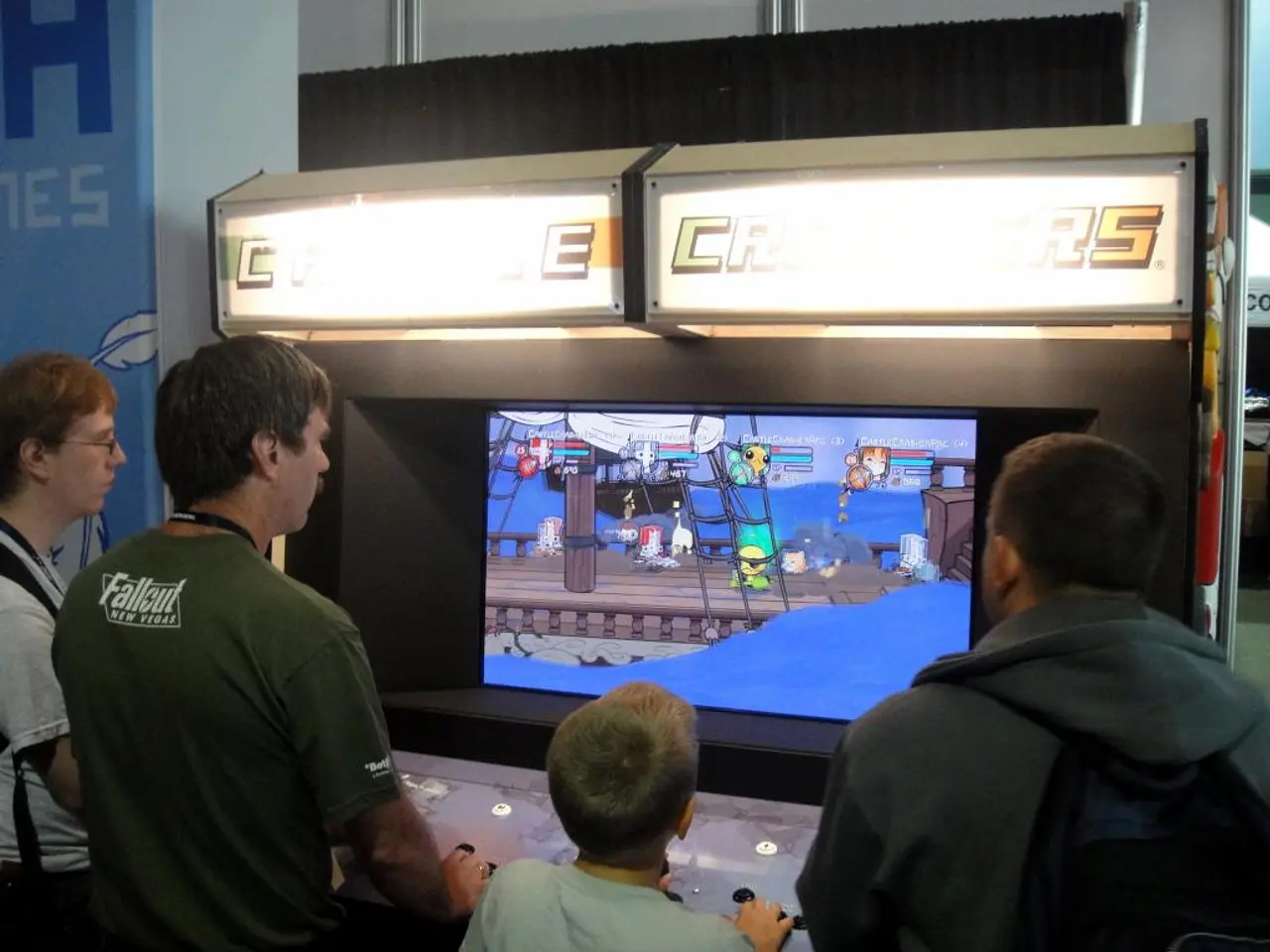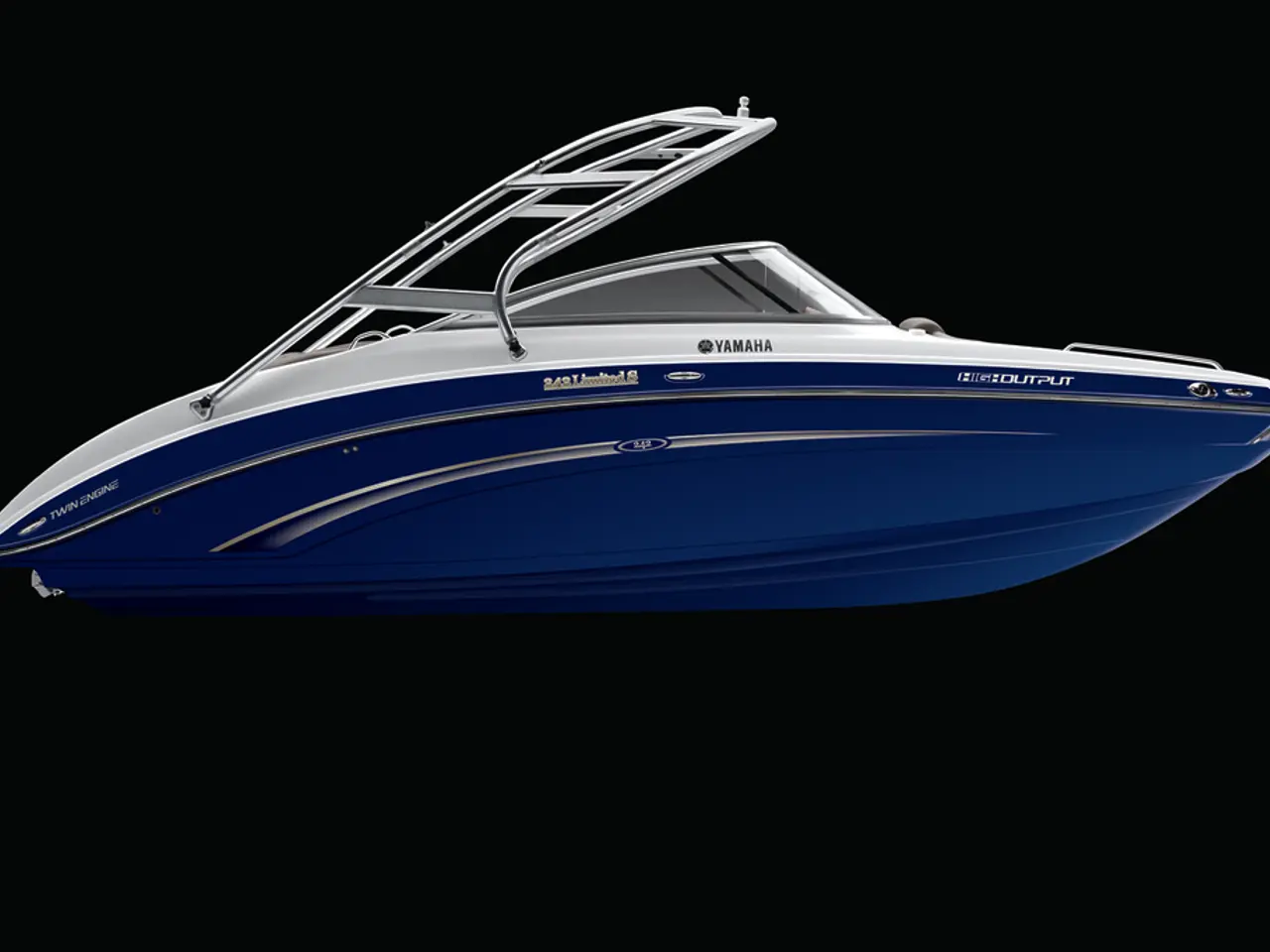Improved inventory and pricing conditions in the U.S. auto market lead to a rise in customer satisfaction, according to J.D. Power's recent findings.
The 2024 J.D. Power U.S. Sales Satisfaction Index (SSI) Study has highlighted a mixed picture for the automotive market. While customer satisfaction with vehicle purchases has risen, the new-vehicle purchase experience itself has seen a decline, particularly among Internal Combustion Engine (ICE) buyers and in the sales and communication processes.
In the mass-market segment, MINI led with a score of 829, followed closely by Buick (827) and Subaru (825). Notably, Nissan leads in the Mass Market Car segment, and GMC leads in the Mass Market Truck segment. In the premium segment, Porsche maintained the top spot with a satisfaction score of 851, followed by Infiniti (840) and Jaguar (838).
However, the study found that sales satisfaction has declined for the first time in eight years, with overall satisfaction among ICE vehicle buyers dropping 3 points to a score of 758 on a 1,000-point scale. This decline is attributed to a rise in sales prices above Manufacturer’s Suggested Retail Price (MSRP), with 46% of buyers paying above MSRP versus 34% in 2023, largely driven by inventory shortages and rising demand.
Performance metrics related to the purchase experience have weakened, especially in online shopping and communication before the dealership visit. Notably, satisfaction scores among rejectors—those who considered but ultimately did not purchase from a brand—have dropped significantly, by 24 points overall with sharp declines in pre-visit communication and reception.
Comparing satisfaction between battery electric vehicle (BEV) buyers and ICE buyers, BEV buyers show higher satisfaction scores, with BEV buyers’ satisfaction averaging 820 points compared to ICE buyers’ 758 points. This indicates stronger satisfaction with sales experience from BEV purchasers despite the overall industry downturn.
The study assesses both buyers and "rejectors" (those who shop at a dealership but ultimately purchase elsewhere). It was conducted from July through September among customers who purchased or leased between March and May 2024. The automotive market is showing signs of recovery, with fewer buyers paying above the MSRP in 2024 compared to 2023 (8% of mass-market buyers and 6% of premium buyers versus 15% and 10% respectively).
Stewart Stropp, vice president of automotive retail at J.D. Power, commented on the improvements in vehicle availability and pricing. Satisfaction averaged 917 when nine or 10 Key Performance Indicators (KPIs) were fulfilled, compared to 827 when only seven or eight were met. The 2024 SSI Study, now in its 39th year, evaluates six primary factors: the delivery process, dealership personnel, deal negotiations, paperwork, facility, and dealership website.
In addition to SSI findings, related 2025 automotive studies show increased owner satisfaction with vehicle attributes such as fuel economy, infotainment, and interior quality. However, owners of new vehicle models report lower satisfaction with setup/startup and infotainment systems versus carryover models, suggesting increasing technology complexity is a challenge.
These insights together indicate that while post-purchase vehicle satisfaction is improving, the new-vehicle purchase experience itself, especially among ICE buyers and in the sales and communication processes, has deteriorated in 2024, with a notable price premium above MSRP becoming more common. BEV customers remain generally more satisfied with their sales experience than ICE customers.
Sports enthusiasts might find it interesting to know that the 2024 SSI Study reveals a decline in the new-vehicle purchase experience, particularly in online shopping, communication, and deal negotiations. In contrast, satisfaction with vehicle attributes such as fuel economy, infotainment, and interior quality has increased in related 2025 automotive studies.








